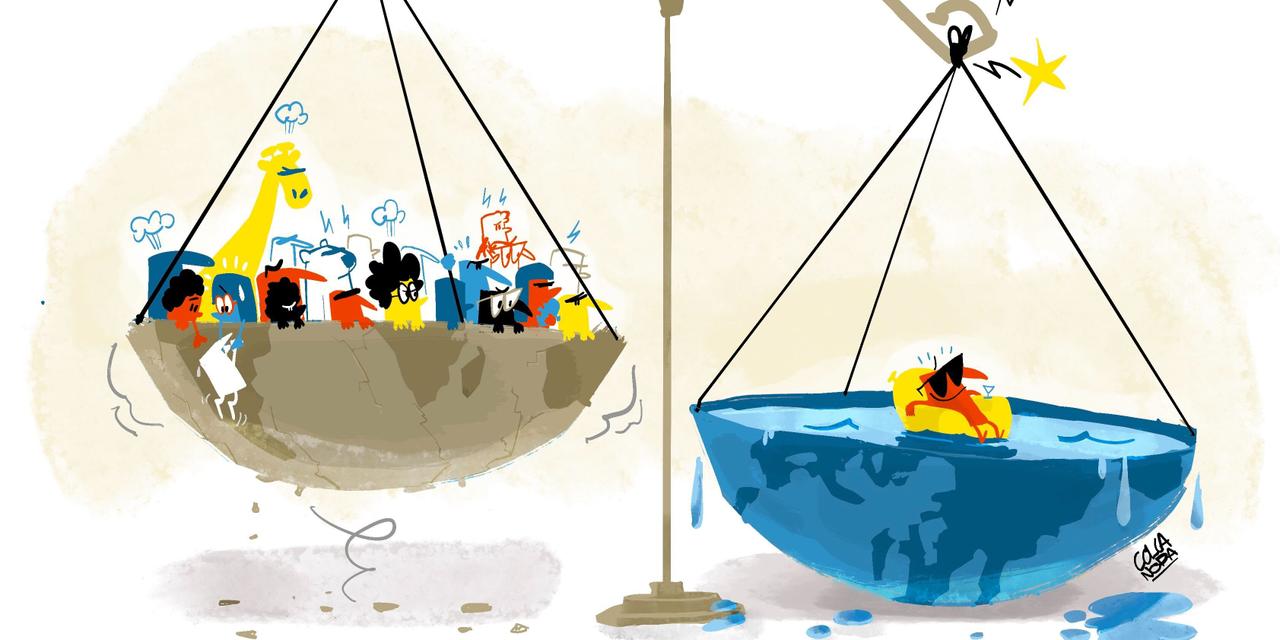


Thomas Piketty: 'To succeed in the climate transition, we must redistribute wealth differently'
InterviewIn an interview with Le Monde, the French economist explains that protecting the planet from climate change cannot be achieved without reducing inequality.
The current economic system is often criticized for its inability to implement effective policies to combat climate change. Should we transform capitalism to reduce our greenhouse gas emissions? How can we envision a different economic system, one that is suited to the 21st century and the preservation of resources?
Thomas Piketty is an economist and the author of numerous works on wealth inequality, including Le Capital au XXIe siècle (Capital in the Twenty-First Century, 2013). A collection of his columns for Le Monde was published in 2025 under the title Vers le socialisme écologique ("Toward Environmental Socialism").
In a column for Le Monde, you wrote that it is "impossible to seriously fight climate change without a profound redistribution of wealth, both within countries and internationally. Those who claim otherwise are lying to the world." Why is there a link between climate change and social inequality?
First, it is important to keep in mind that all major political, institutional and social transformations over the past two centuries have taken place alongside a reduction in inequality and a movement toward greater equality. Climate change, the great challenge of this century, will be no exception to this rule for a simple reason: As soon as you undertake major transformations, they have consequences for how the burden is shared. And the only way to achieve these transformations is to do so in a fair way.
We create justice standards that make this new society and its institutions acceptable to the greatest number of people. All of this is interconnected and yet is sorely lacking in public debate. Reading reports from the Intergovernmental Panel on Climate Change (IPCC), you learn a great deal, but the role of social class is glaringly overlooked. Sometimes, the reports also lean a little too much toward technophilia – betting on solutions like carbon capture, which are not only hypothetical but potentially dangerous. If we want these transformations to succeed, issues of inequality and class need to be incorporated into the IPCC's reports.
You have 88% of this article left to read. The rest is for subscribers only.
